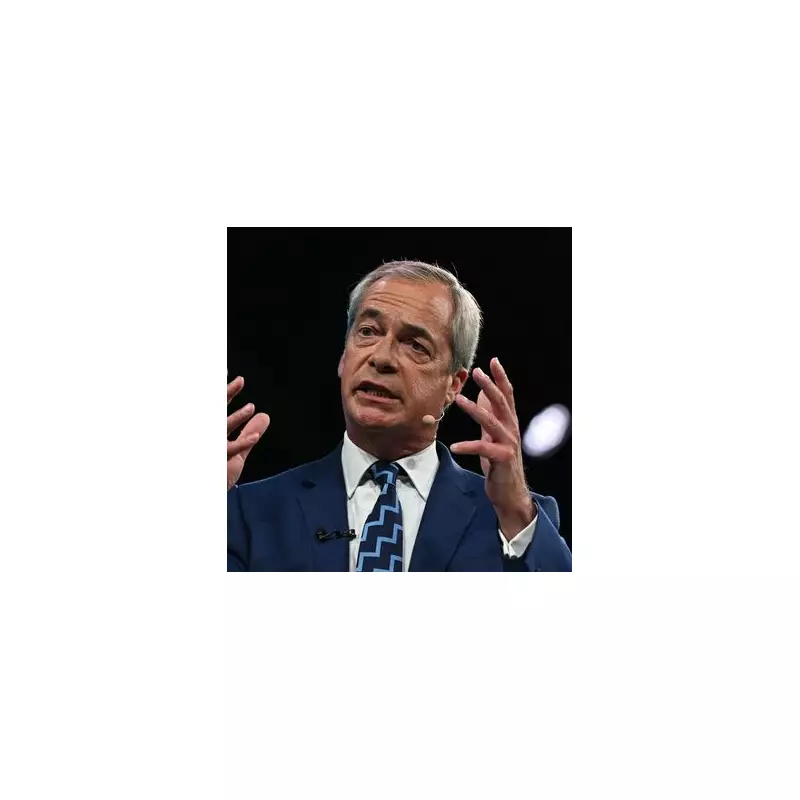
In a seismic announcement set to dominate the political agenda, Nigel Farage has declared that a Reform UK government would initiate mass deportations and establish a powerful new Whitehall department solely dedicated to immigration.
The party leader unveiled his most hardline policy to date, stating his intention to create a 'Department of Immigration' with the authority to remove individuals holding what he describes as 'extreme views' from the United Kingdom.
The Farage Doctrine: A New Approach to Immigration
Speaking with characteristic fervour, Farage articulated a vision that marks a significant departure from current policies. "We will be employing a great many people to form a department of immigration," he proclaimed, outlining a substantial expansion of state powers to address what he sees as a critical national issue.
His proposal represents one of the most radical overhauls of Britain's immigration system in modern political history, directly challenging the approaches of both Conservative and Labour parties.
Defining 'Extreme Views': The Deportation Criteria
Central to Farage's policy is the contentious definition of which beliefs would warrant removal from the country. While specific details remain to be fully articulated, the Reform UK leader indicated this would target individuals whose values fundamentally oppose British societal norms.
This approach raises significant questions about civil liberties and the boundaries of state power in determining acceptable belief systems.
Political Earthquake: Reshaping the Election Landscape
With the July 4th general election rapidly approaching, Farage's announcement strategically positions immigration as a cornerstone issue. The policy launch appears designed to attract voters dissatisfied with mainstream party approaches to border control and national identity.
Political analysts suggest this move could significantly impact the electoral calculus, particularly in constituencies where immigration concerns dominate voter priorities.
Constitutional and Practical Implications
Legal experts have immediately questioned the feasibility of such a policy, noting potential conflicts with international human rights agreements and domestic law. The establishment of an entirely new government department would require substantial parliamentary approval and funding allocation.
Furthermore, the practical implementation of identifying individuals with 'extreme views' presents considerable challenges to existing legal frameworks and judicial processes.
As the election campaign intensifies, Farage's immigration policy ensures that border control and national identity will remain at the forefront of political debate, potentially defining party positions and voter allegiances in the critical weeks ahead.





